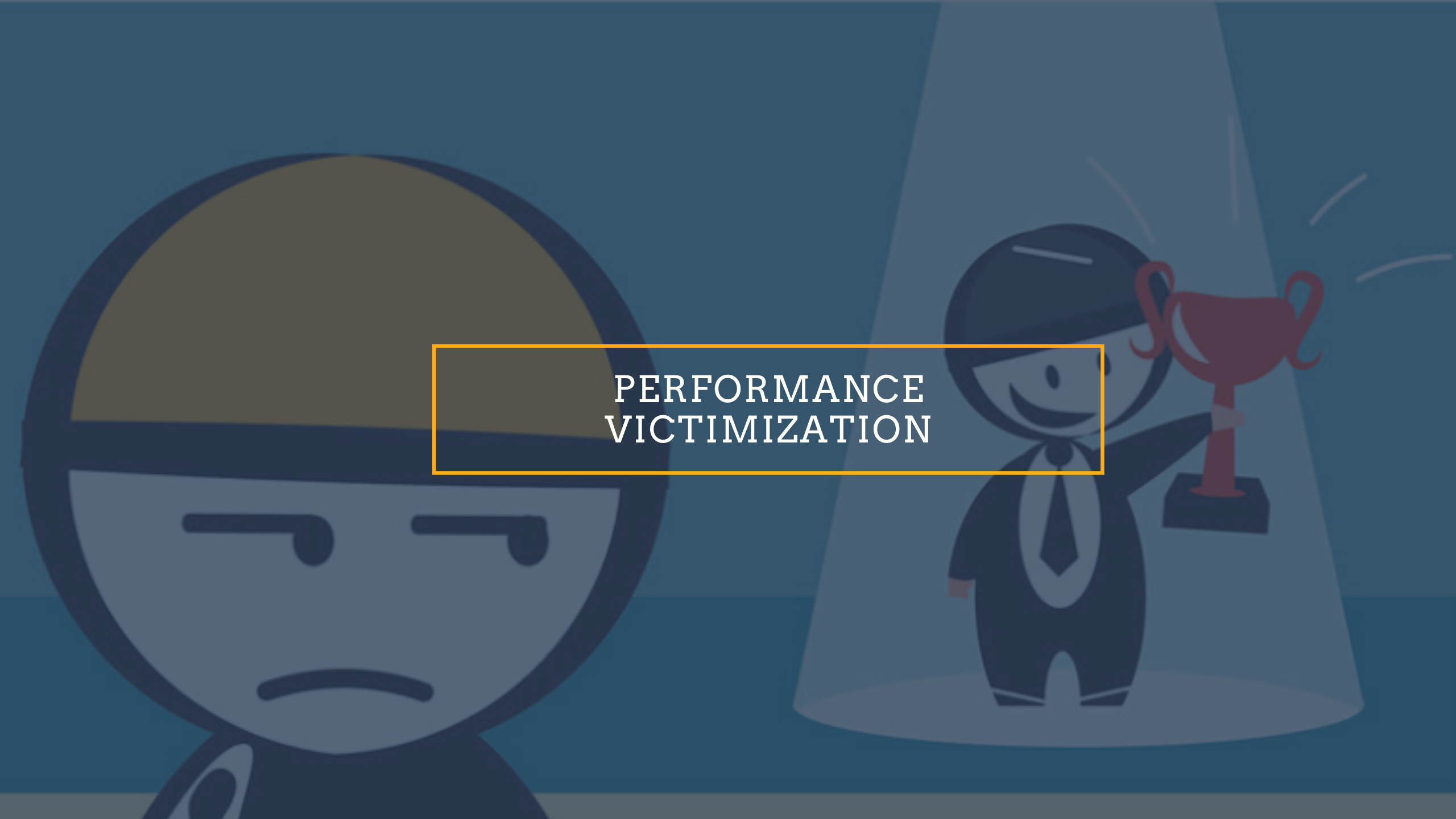So, you just started a new job or begin consulting a company. You are excited about the mission and you truly feel as though you exude the values the company promotes religiously. You get started full speed ahead. The results begin to show and you may even receive recognition for a job well done.
Eventually begin to experience counter-productive work behavior that makes you feel as though you are going against the grain. You may feel stuck and wonder why.
Research indicates that when you perform well, your work creates threatening perceptions of you. Envy is a feeling of inferiority that motivates victimization among team members– especially when they can identify one or two people who agree.
I have experienced this phenomenon. I literally would be super excited to enter my new rol–fully of energy and passion. I shared my vision with the staff and got to work. The results began to show. Shortly, I noticed tensions.
A staff member begin to selectively ignore me; another grew cold. They were friends.
Another staff member began creating bogus yet sabotaging perceptions of my ability to do the job effectively….despite the results.
I even had one superior look at me and tell me that I had Failed–even after taking over stagnate metrics, exceeding them and creating an efficiently run operation from its infancy. Apparently, they wanted more. Being that this individual was in a position of authority, I did not want to burn a bridge. Surely was infuriated that they led with a lie, and neither went deeper with an explanation nor provided evidence of the discord. All that hard work I had done was sent down the drain. That eventually, led to my being overlooked for a promotion.
There is also the phrase Robert Green alluded to in his book Art of War. He writes, Never our shine the Master. One time, I a manager mention that even he had to step up their game because of my work ethic. Little did I know, it was they were serving as an obstacle and taking full credit for my work. I knew I needed to exit, because from that point forward, small comments would come up and subsequently opportunities began to be stripped away slowly. I learned the hard way that doing work with excellence around insecure people creates fear.
I have spoken with other colleagues who were super innovative and always talked about ways to improve or increase efficiency and strengthen programs. The feedback they were given include: they were too solution oriented, to deep in the weeds, too detail, don’t worry about the ‘how’, just focus on the ‘what’. The best yet was your explanation of the solution made the boss’s ‘brain hurt’. The brain does not have pain receptors, by the way.
It makes you not want to work hard. It makes you want to recoil and go within, and not shine. It makes you want to exit.
Higher achievers experience more covert forms victimization. This rat race everyone else is on creates a sense of paranoia, especially if you are operating ethically. You have to be strategic in how you play this political game. People who envy you will always exist, and may even end up attacking you out of nowhere.
Here are six observations to keep in mind:
- Determine the culprit. Seek to understand their psyche and what could have led to that action.
- Realize that your achievement-mindedness might have fatigued others. They want to like you, but they cannot keep up. They find themself trying to double their efforts to play catch and when they realize they cannot, the begin to feel resentment and act out on those feelings.
- Appeal to their desires. Play up their accomplishments, so that they can shift their focus from their emotions to where they add value in their world.
- Be careful not to share what the next steps are. With resentment, they will find ways to sabotage your success. If you must share, do so strategically, but do not give away the keys to your kingdom.
- Communicate your value without brown-nosing. Sometimes when your light is shining bright, others will put on shades to diminish what light you are bringing into the room. They may ignore you or act as though they did not hear you. Build your tribe of people who will and focus on impacting that person’s perception of you from the periphery. They will have no choice but to recognize you when everyone else does.
- Use group identity to your advantage. Typically when teams or groups of people come together, eventually they begin to all be on the same page and think alike. Janis Irving called it group think. They have developed bonds with one another. Utilize this at the onset by becoming one of them; do not let your ideas shine just yet. Work on various members of the team independently. Understand their mindset, appeal to their desires. When you introduce your ideas always connect them to their goals. They need to know what’s in it for them. Remember that.
Like you, I am a benevolent person, and do not operate out of a sense of entitlement. The wisdom of Stoic philosophy tells us to simply expect nothing. You cannot change basic human nature. Stress happens when you expect that someone will act as you would. When they do not, you end up slightly disappointed. You cannot expect people to be happy for you when you are promoted or have positive results. Your greatest power lies in your reaction in the presence of envy.






